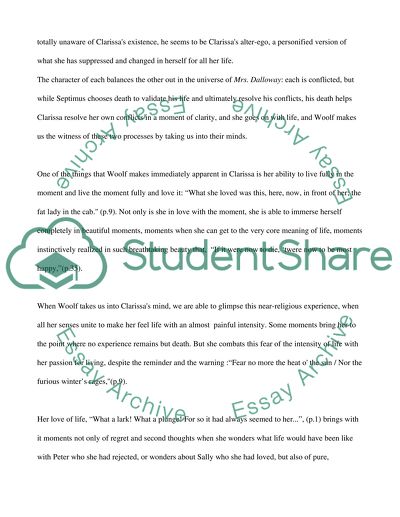Cite this document
(“Mrs. Dalloway by Virginia Woolf Book Report/Review”, n.d.)
Mrs. Dalloway by Virginia Woolf Book Report/Review. Retrieved from https://studentshare.org/literature/1522369-mrs-dalloway-essay
Mrs. Dalloway by Virginia Woolf Book Report/Review. Retrieved from https://studentshare.org/literature/1522369-mrs-dalloway-essay
(Mrs. Dalloway by Virginia Woolf Book Report/Review)
Mrs. Dalloway by Virginia Woolf Book Report/Review. https://studentshare.org/literature/1522369-mrs-dalloway-essay.
Mrs. Dalloway by Virginia Woolf Book Report/Review. https://studentshare.org/literature/1522369-mrs-dalloway-essay.
“Mrs. Dalloway by Virginia Woolf Book Report/Review”, n.d. https://studentshare.org/literature/1522369-mrs-dalloway-essay.


